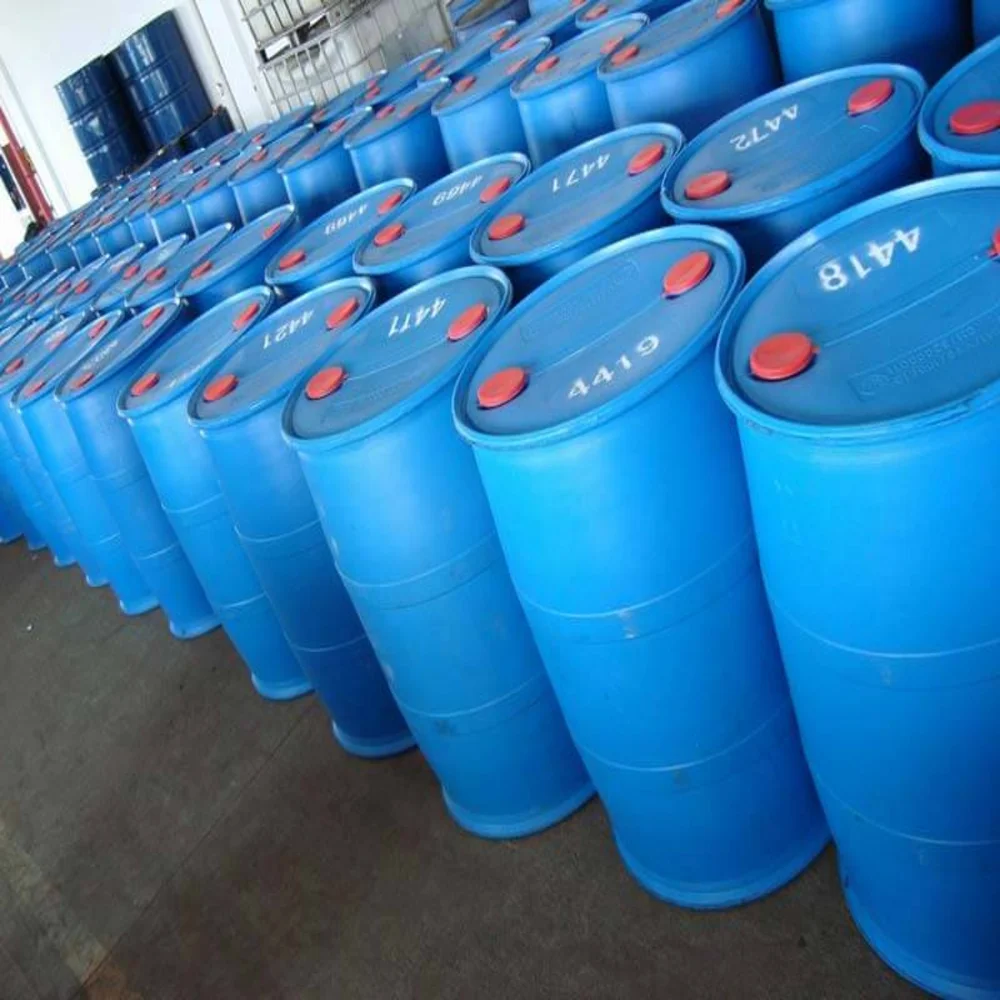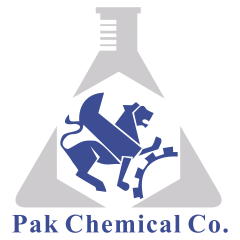Methyl tin stabilizers are organotin compounds that play a crucial role in the processing of PVC (polyvinyl chloride) and other vinyl-based polymers. Widely recognized for their outstanding performance and efficiency, they have become an integral component in the world of polymer stabilization. This article delves into the various applications of methyl tin stabilizers. Highlighting their importance and benefits in the plastic industry and beyond.
1.Introduction
Tin-based stabilizers, particularly methyl tin stabilizers, are used as heat stabilizers to protect PVC from degradation during processing and usage. This degradation primarily arises from the dehydrochlorination process, which can lead to discoloration, loss of physical properties. Also generation of acidic hydrogen chloride. To preserve the desirable attributes of PVC and to ensure its longevity, stabilizers are crucial, and methyl tin stabilizers have emerged as the gold standard in this arena.

2.Methyl Tin Stabilizer and Food Packaging Materials
One of the most prevalent applications of methyl tin stabilizer is in the manufacture of clear, rigid PVC used in food packaging. PVC containers, bottles, and clamshells for salads, fruits, and other food items are made resilient, clear. And non-toxic with the addition of methyl tin stabilizer. The excellent clarity achieved with these stabilizers allows consumers to view the product, while ensuring the packaging is free from harmful toxins, meeting stringent food safety regulations.
3.PVC Piping Systems
PVC pipes, especially those used in potable water systems, benefit from the incorporation of methyl tin stabilizers. These stabilizers ensure that the pipes maintain their structural integrity, resistance to environmental stress, and longevity. Furthermore, the stabilizers prevent pipes from leaching harmful substances into the water, ensuring the water remains safe for consumption.
4.Vinyl Building Profiles and Methyl Tin Stabilizer
Methyl tin stabilizers are integral in the production of building profiles such as windows and door frames made from vinyl. Their thermal stability, resistance to weathering, and UV stability make them perfect for outdoor applications. As a result, structures like vinyl windows retain their pristine appearance for years, resisting yellowing and maintaining their mechanical properties.
5.Medical Applications
Medical grade PVC, utilized for applications such as blood bags, IV tubes, and other medical equipment, demands the highest levels of safety and efficacy. Methyl tin stabilizer is the chosen stabilizers for these applications due to their non-toxic nature, ensuring that no harmful substances leach into the medical fluids or the patient’s body.
6.Vinyl Flooring and Wall Coverings
To ensure the longevity, wear-resistance, and aesthetic appeal of vinyl-based flooring and wall coverings, methyl tin stabilizer is employed. These stabilizers ensure that the flooring remains durable and does not degrade under foot traffic, environmental stressors, or UV radiation.
7.Wire and Cable Insulation
The insulation around electrical wires and cables, often made from PVC, demands heat stability, especially during the extrusion process. Methyl tin stabilizers ensure that the PVC insulation remains intact, doesn’t degrade due to heat, and provides consistent electrical performance.
8.Consumer Goods
Several household items like shower curtains, vinyl tablecloths, and even certain toys made from PVC utilize methyl tin stabilizer for enhanced durability, aesthetic appeal, and safety. These products, when exposed to regular wear and tear or environmental conditions, remain intact and safe due to the protective qualities of the stabilizers.
9.The Environmental Perspective
It’s crucial to highlight the environment-friendly aspects of methyl tin stabilizers. While there are several types of stabilizers available in the market, not all are environmentally benign. Methyl tin stabilizers, on the other hand, have been thoroughly researched and found to have minimal impact on the environment when properly used and disposed of.
Conclusion
Methyl tin stabilizers, due to their exceptional stability, clarity, and non-toxic properties, have found widespread applications in various sectors of the polymer industry. From ensuring the safety of food packaging to prolonging the life of building structures, these stabilizers play an indispensable role. As the world leans more towards sustainable and safe materials, the significance of methyl tin stabilizers will undoubtedly continue to grow.
